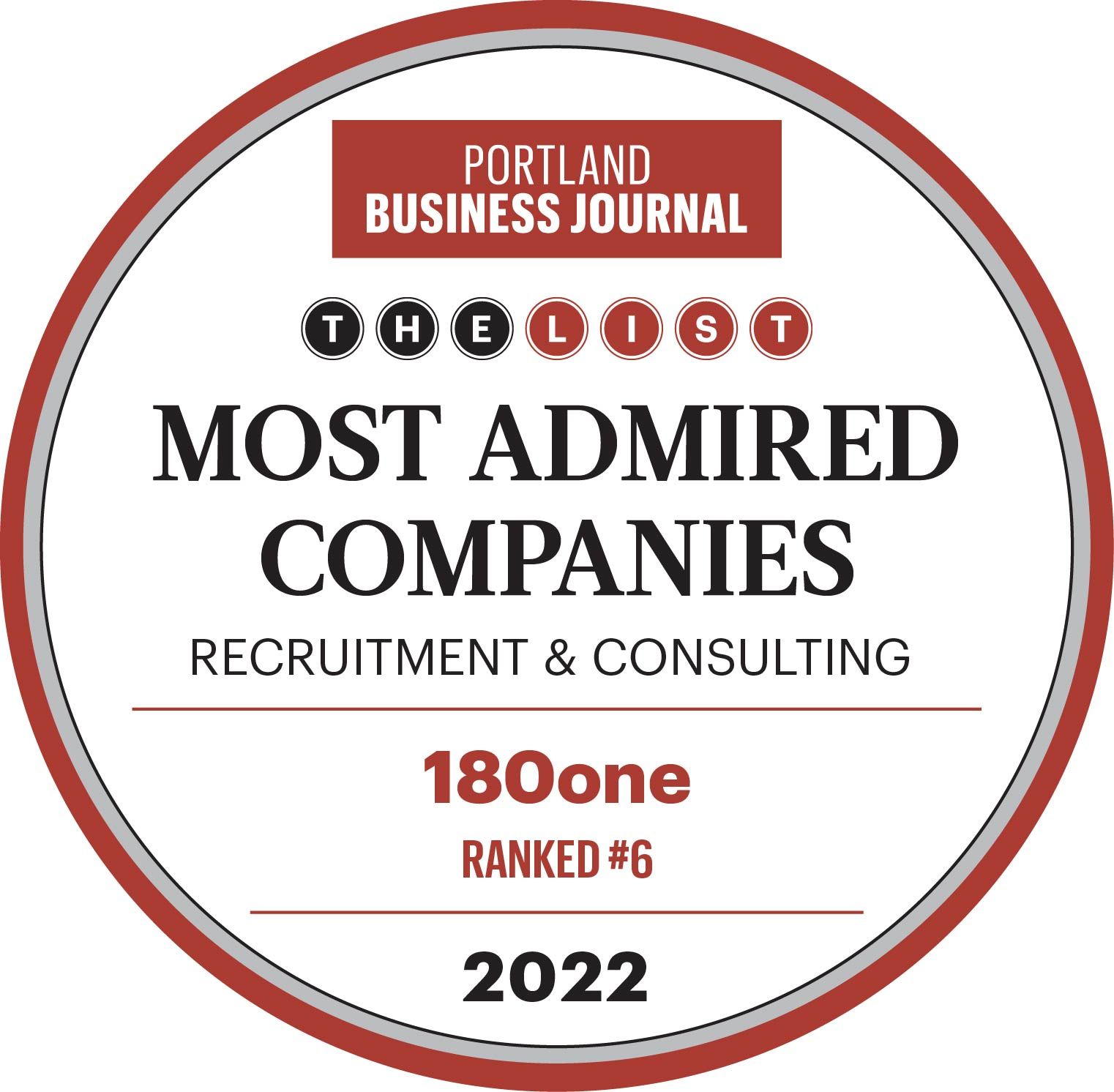Culture Fit vs. Skills - What’s the right balance?
Ever hear from a colleague that the reason the organization is passing on a candidate who seems to have all the right skills is due to them not being a “culture fit”?
In the contemporary job market, the debate over whether to prioritize cultural fit or technical skills in hiring decisions has become increasingly relevant. While aligning candidates with a company’s values is essential for long-term retention and team cohesion, research indicates that hiring for skills is equally crucial for organizational success.
So before “passing on” the next candidate due to their cultural fit, here are few reasons we should shift some focus on skills rather than solely on cultural alignment.
Skills Correlate with Job Performance
A significant body of research supports the idea that technical skills are a better predictor of job performance than cultural fit alone. A meta-analysis conducted by the American Psychological Association revealed that cognitive ability and job-related skills are among the strongest predictors of an employee’s effectiveness in their role. Specifically, the study found that cognitive ability tests can predict job performance with a correlation of 0.51, which is substantial compared to the lower correlations typically associated with cultural fit.
This evidence suggests that while cultural alignment is important, it should not overshadow the necessity for candidates to possess the specific skills required to perform effectively in their roles. Hiring decisions that prioritize skills can lead to enhanced productivity and better overall performance within teams.
Divergent Thought Fuels Innovation
Prioritizing cultural fit can inadvertently create a homogenous workforce, which limits diversity of thought and inhibits innovation. According to research from McKinsey & Company, diverse teams are 35% more likely to outperform their peers in terms of financial performance. A study published in the Harvard Business Review found that teams that encourage diverse opinions and constructive conflict are more likely to achieve better outcomes.
Moreover, hiring solely for culture can lead to the phenomenon of "groupthink," where team members conform to the prevailing opinions and ideas, stifling creativity and preventing necessary change.
Encouraging a culture of openness to different ideas can ultimately drive business success.
Hiring for skills allows organizations to cultivate diverse teams that challenge the status quo and drive innovation. By embracing candidates with varying experiences and viewpoints, companies can foster an environment where creativity thrives, leading to improved problem-solving and adaptability in a rapidly changing marketplace.
Adaptability in a Changing Workforce
The modern workforce is evolving, with rapid technological advancements changing the skill sets required for many roles. Research from the World Economic Forum emphasizes the importance of upskilling and reskilling, predicting that by 2025, 85 million jobs may be displaced by a shift in labor between humans and machines. In this context, hiring for skills becomes critical, as organizations must adapt to changing demands and ensure their employees possess the necessary capabilities to thrive.
While hiring for cultural fit has its advantages, prioritizing skills is essential for organizations seeking to enhance performance, foster innovation, and adapt to an ever-changing workforce. Research consistently shows that skills are a stronger predictor of job performance and that diverse teams generate better outcomes. By adopting a more balanced approach that values both skills and cultural fit, companies can build a robust workforce capable of driving long-term success in a competitive landscape.






